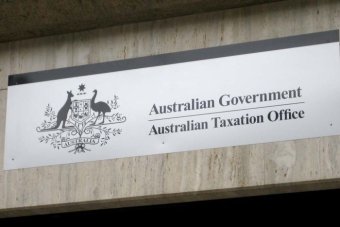The ATO may consider further action to spur on SMSF trustees to lodge their annual returns on time, including making funds non-complying where after repeated attempts to contact them they do not actively engage with the regulator around any problems preventing them from lodging.
Speaking at SMSF Adviser’s SMSF Summit 2019 in Brisbane on Tuesday, ATO assistant commissioner Dana Fleming said the regulator had written to all SMSFs who had failed to lodge a return for the first time and would take more serious steps if these funds did not engage with the ATO to rectify the situation.
“We have explained to them that by not lodging their return, their compliance status is at risk, and advising them of our early engagement and voluntary disclosure service, and to come forward if there’s a problem,” Ms Fleming said.
“If there is no response, we will consider writing to them and making them non-complying, and we are hoping that is a way for us to get them to engage.”
Ms Fleming pointed out that the non-complying status would not be permanent and would hopefully act as a more serious impetus for affected trustees to lodge their returns on time. If they subsequently engage and lodge, the notice of non-compliance would be immediately revoked.
“If we issue a notice of non-compliance, it only applies to the year in which you are made non-complying, so it would enable the person to come forward and rectify that situation before the next return is due,” she said.
Ms Fleming said “lapsed lodgers”, or those that had fallen behind after initially lodging their annual returns on time, made up over 10 per cent of the SMSF population, totaling 71,000 funds.
“They represent $44 billion of super according to their last return lodged, that we don’t know what is happening with,” she said.
She added that the reasons for lapsed lodgement commonly included the trustee encountering a “regulatory hurdle” by realising they had made a compliance breach and not being sure what to do next, or the more active member of the SMSF having passed away.
“We had one case where the trustee didn’t even know they had an SMSF, so it’s important to emphasise that all trustees are engaged with their SMSF, not just one,” Ms Fleming said.
Source: SMSF Advsier

